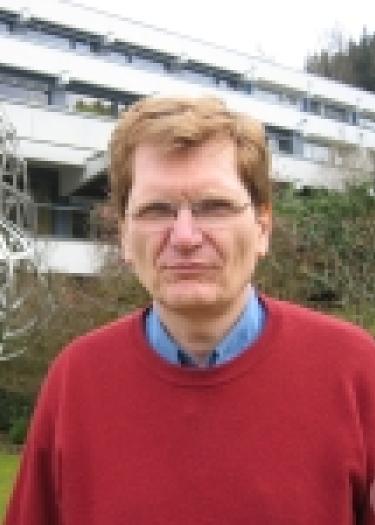Faculty of Mathematics and Computer Science Quality Assurance
As an integral part of Heidelberg University, the Faculty of Mathematics and Computer Science strives to gain scientific knowledge and social benefit. A central instrument in this regard is quality assurance. This encompasses and supports the three areas of university performance: studies and teaching, research and advancement of young scientists, services and administration.
The Quality Management System heiQUALITY assures the Faculty of Mathematics and Computer Science, and thus Heidelberg University, of its success in the central areas of university performance. The focus hereby lies on dealing with the new and the unknown in order to prepare students for their yet unknown future and to show them the means and ways to master it. With a quality awareness based on certain criteria, quality can be incorporated into the teaching content and enables a sustainable quality culture to be established.
Teaching Evaluation
The Faculty of Mathematics and Computer Science is required to conduct teaching evaluations according to §5 of the State Higher Education Act. This evaluation is done in cooperation with the Central University Administration (ZUV).
(In the following, the term professor stands for a person who conducts independent teaching (professors, private instructors, academic councillors). Instructor refers to all teaching personnel of the faculty, including all tutors.)
The goal of systematic course surveys is to ensure and improve the quality of teaching in each individual course. It is essential for the instructors to use the results of the surveys for the further development of their courses. Equally important is the mutual exchange within the subjects about the quality of teaching, for which survey results can provide a baseline.
Teaching Evaluation Procedure
Professors receive information about the upcoming evaluation of their courses via email towards the middle of the semester. The compulsory courses in the Bachelor's programs are always subject to evaluation, the other courses are evaluated at regular intervals, or upon the professor's request. New courses are evaluated in all cases. There are several time frames available for the evaluation. An early evaluation offers the possibility to discuss the results with the participants and, if necessary, to react to the feedback within the ongoing semester. Upon consultation, the results will also be sent via email. The responsible study commissions receive the results in aggregated form, report to the Faculty Council and, on this basis, develop proposals for improving teaching at the faculty.
Further information will be provided by the person responsible for the teaching evaluation.


